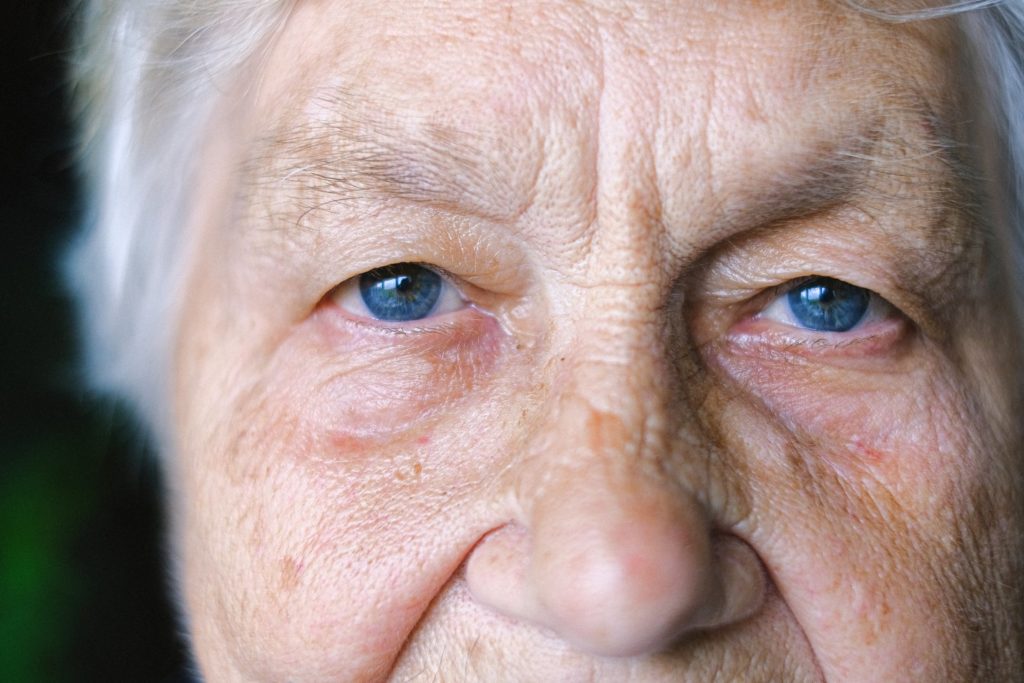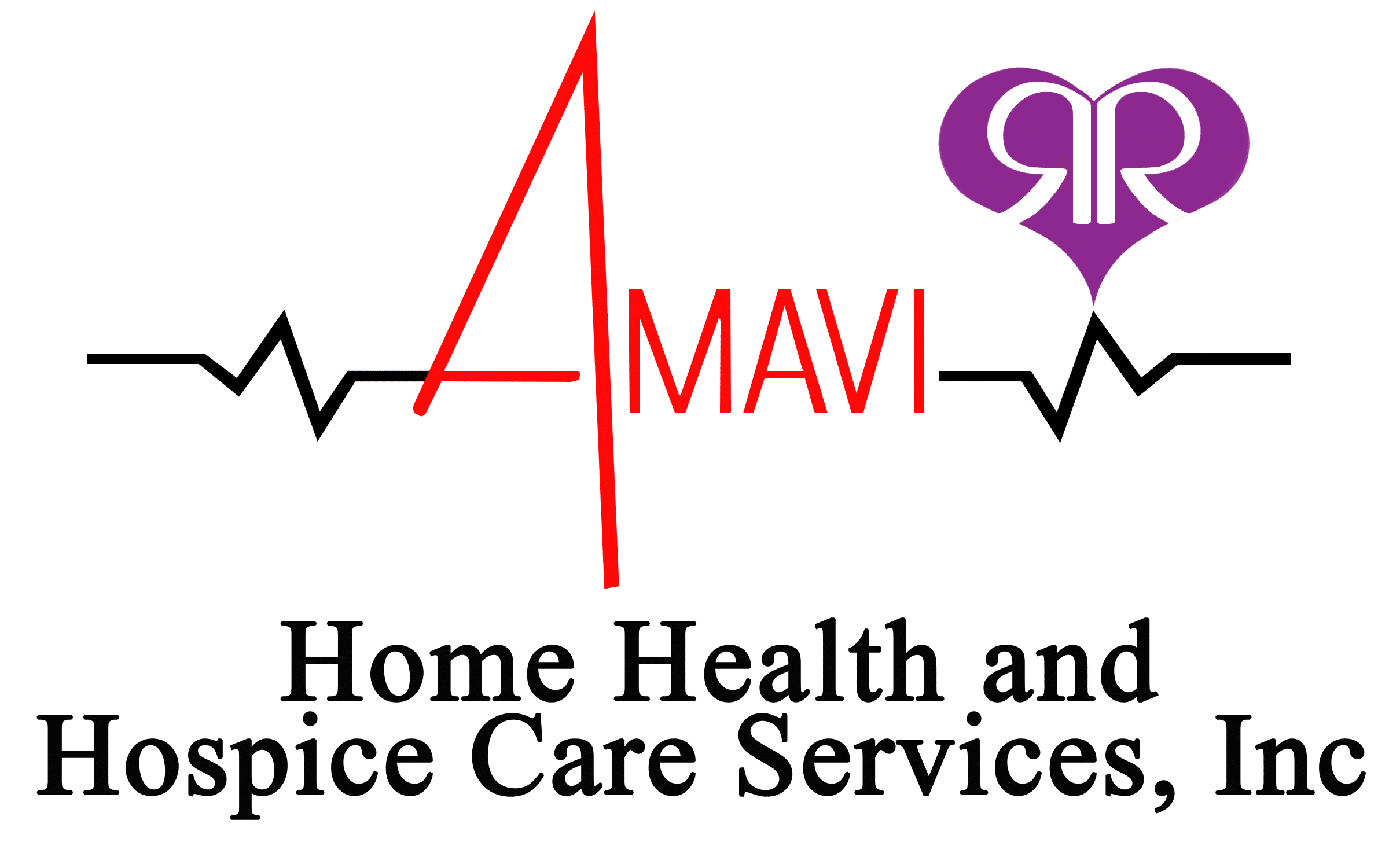With Alzheimer’s disease affecting more than 6 million Americans, it is one of the major health concerns faced by older people. The illness can have a significant impact not just on the patient but also on their family. But that does not mean seniors can’t live out their lives with it. Here is how you can help them effectively manage their Alzheimer’s diagnosis whether they live on their own or under home health in California.

Understanding Alzheimer’s Disease
Alzheimer’s disease is one of the most common forms of dementia that affect older adults. It accounts for around 80% of cases. The condition consists of a significant loss of memory and cognitive skills.
Scientists have yet to determine the exact cause of the disease. However, it is often generally believed that an abnormal buildup of proteins in the brain triggers it. Due to this buildup, there is a decrease in the production of neurotransmitters that deliver signals from one nerve cell to the next. This is what leads to the loss of brain functionality.
Scientists also noted that certain areas of the brain shrink over time because of the disease. One of the first regions that get affected is the one associated with memory, resulting in memory loss characteristic of Alzheimer’s. In some forms of the condition, vision and language capabilities can also be affected.
The Risk Factors
Age is arguably the first risk for anyone to develop the disease. According to studies, your risk of getting the disease doubles every five years above the age of 65. However, it can also affect younger people, with one in 20 patients being below 65.
Family History
While the actual genetic risk of getting Alzheimer’s is relatively small compared to other factors, you would still not want to overlook it. If several of your family members have a history of developing some form of dementia or an actual Alzheimer’s diagnosis, you might want to get genetic counseling to determine the risk. That is particularly the case of those members who get these conditions at a young age.
Cardiovascular Diseases
Various cardiovascular diseases like high blood pressure and high cholesterol level can result in different complications. So, it is not surprising that these can also contribute to your risk of developing Alzheimer’s. The lifestyle choices that you make can also aggravate the condition.
Other Risks
People who might have had severe head injuries in the past are also susceptible to developing the disease. The damage caused by these injuries can accelerate the degradation of the brain. Meanwhile, certain genetic conditions like Down Syndrome can also create the scenario for you potentially getting the disease.
Warning Signs Of Alzheimer’s
While it is associated with old age, the onset of Alzheimer’s should not be considered as a normal part of it. As such, part of your management effort is to detect warning signs as early as possible. Some of these that you should look out for include:
- Disruptive memory loss: See if the instances a senior forgets something impact their daily routines significantly.
- Difficulty handling familiar tasks: A common outward sign of the disease is if they have a hard time doing simple home tasks that they regularly perform before.
- Money problems: This can range from them misplacing money to outright forgetting to pay bills and things they bought.
- Changing behavior: Seniors with Alzheimer’s might start having significant mood swings. They can also act out of their usual character.
- Poor judgment: The senior might start mishandling different decisions or require you more often to assist them.
Note that these signs might not always indicate Alzheimer’s. As such, you would still want to have the senior undergo a psychiatric evaluation for proper diagnosis. If they are under home health care in California, that evaluation is already a part of the service. Thus, you can get a diagnosis immediately.

Managing Alzheimer’s In Your Senior Loved Ones
Once your elderly loved one gets a positive Alzheimer’s diagnosis, you need to create a management plan to help them cope with the disease. The main challenge here is helping them come to terms with their condition while still giving them enough freedom to perform activities they like.
Creating A Soothing Environment
The first thing that you need to provide a senior with the disease is a suitable environment to move in. Your goal here is to remove any potential stressors that can trigger episodes.
Start by organizing all their stuff. Ensure that they can easily access all the things they regularly use, such as their personal belongings. You would also want to label the various items so they can follow which container has what. As a safety precaution, make sure that potentially dangerous items are outside of their reach.
Make their environment as calm as possible too. Keep the area free from loud sounds that can startle them. You can also add things that help them take their minds off their concerns, such as fresh plants.
How you respond to their situation is also crucial for creating that soothing environment. Be patient when responding to their repeated calls and questions. If you are starting to feel anxious, it will help you to calm down a bit before interacting with them again.
Managing Stress
Like in other forms of dementia, helping your elderly loved one manage their stress can also help them cope with Alzheimer’s. Aside from the above major changes, there are various small ways that you can do this.
- Exercise: You can encourage the seniors to perform simple exercises to stay fit and to help them improve their body coordination.
- Home activities: Get them back to the things they do by letting them help in small ways, such as having them wash ingredients when cooking.
- Reminisce the past: Remembering past events can help your loved ones keep their memories working.
- Have a pet: A dog or a cat can serve as a good companion for an Alzheimer’s patient, helping them get additional interactions.
To ensure that your elderly loved ones get into these activities better, ensure that they have a say on what they should do. You would also want to simply accompany them in these activities and not impose on them.
Helping Seniors Cope With Stress
Treatment Of Alzheimer’s
At this point, you might also think about what kind of treatments can help your loved one cope with the disease. Remember that Alzheimer’s is a complex condition. As such, no one treatment process would be applicable for different patients.
However, certain medications can help lessen the symptoms. One of these is the drug Aducanumab. It works by reducing amyloid deposits in the brain, potentially delaying the disease’s progress. Doctors can also prescribe medications like galantamine and rivastigmine as a means of controlling cognitive and behavioral symptoms.
You can also have your elderly loved one undergo therapy. The most common one is speech therapy to help them deal with language issues. Another one is occupational therapy that will help them relearn skills.

The Best Home Health In California For Alzheimer’s
An Alzheimer’s diagnosis should not be something that cages your senior loved one. And with the best home health in California, you can help them live out their life even with it. Contact us today and we are ready to provide you the best home health care services.
